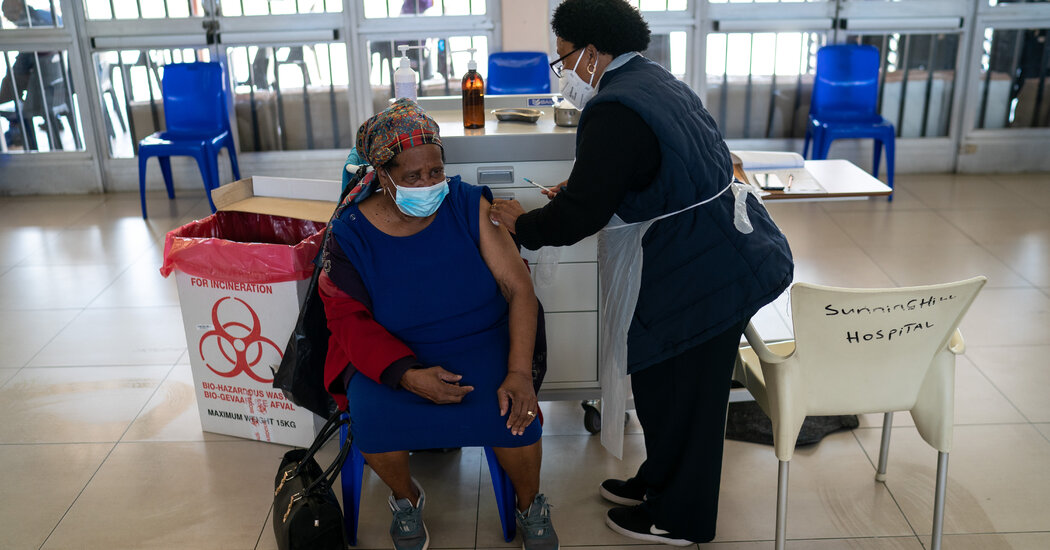
There were some proverbial elephants in the room: China’s ongoing Covid crisis and the war in Ukraine were not discussed. But J. Stephen Morrison, an expert in global health at the Center for Strategic and International Studies, said the commitments by Group of 7 nations reflected the strengthening of bonds between countries allied against Russia in the Ukraine war.
Those pledges, he said, will pave the way for the World Bank to create a new global pandemic preparedness fund. The fund will be similar to the Global Fund to Fight AIDS, Tuberculosis and Malaria, which was created two decades ago.
“It was the G7 that was the core of the H.I.V. response, and in some ways this is getting that same garage band back together,” Mr. Morrison said. Referring to the lack of congressional funding, he said, “Overall, not a bad outcome given the circumstances.”
Before the summit began, Mr. Biden ordered flags lowered to half-staff at the White House and all public buildings and military installations until Monday in commemoration of the nation’s death toll.
As of Wednesday, the Centers for Disease Control and Prevention had reported more than 995,000 coronavirus deaths in the United States; a New York Times database put the figure at more than 997,000. But with heads of state, leaders of philanthropies and pharmaceutical executives attending the virtual gathering, Mr. Biden was ready to mark the coming moment.
Globally, the World Health Organization has said that nearly 15 million more people died during the first two years of the pandemic than would have been expected during normal times. That estimate far exceeds the official Covid death toll reported by countries.
Despite the gloomy predictions, summit participants did report some progress. Samantha Power, the administrator of the U.S. Agency for International Development, told attendees that in Ghana, the percentage of eligible people fully vaccinated had doubled between December and April and now stood at 25.4 percent. Uganda has also seen a surge in vaccination.
